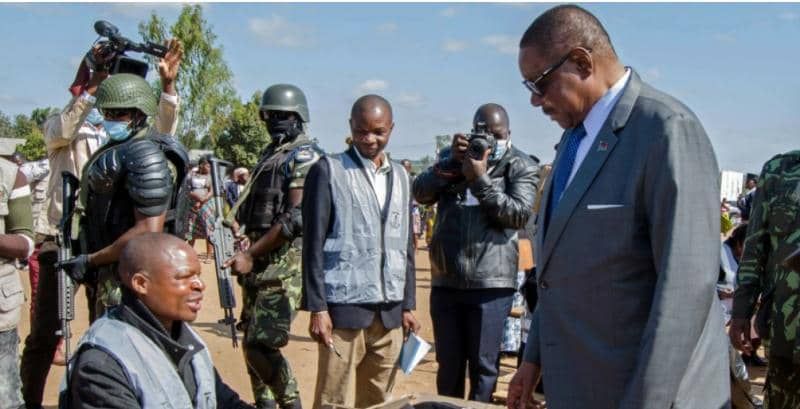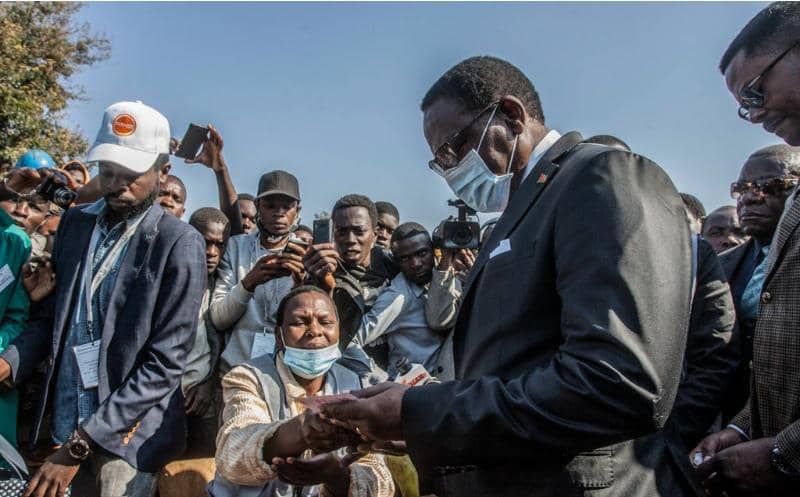By Burnett Munthali
Economy and politics are two topics that are strongly interconnected. The decisions made by political bodies have an influence on the economy of a nation, and how well the economy is doing is usually seen as a direct reflection of political policies and the success of the government in power. This articles takes a glance at the interconnection of economy and politics.
Economy and politics
Political choices regarding taxation, labour laws, and environmental regulations can significantly impact economic activity and determine the distribution of wealth and resources. Public sentiment and political ideology also play a vital role in shaping economic policies.
Adam Smith was an 18th-century Scottish philosopher. He is considered the father of modern economics. Smith is most famous for his 1776 book, The Wealth of Nations. Smith’s writings were studied by 20th-century philosophers, writers, and economists.
The Journal of Economic Literature classification codes associate political economy with three sub-areas: (1) the role of government and/or class and power relationships in resource allocation for each type of economic system; (2) international political economy.

International political economy (IPE) is the study of how politics shapes the global economy and how the global economy shapes politics. A key focus in IPE is on the distributive consequences of global economic exchange. It has been described as the study of “the political battle between the winners and losers of global economic exchange.”
A central assumption of IPE theory is that international economic phenomena do not exist in any meaningful sense separate from the actors who regulate and control them. Alongside formal economic theories of international economics, trade, and finance, which are widely utilised within the discipline, IPE thus stresses the study of institutions, politics, and power relations in understanding the global economy.
Some factors drive economic growth. There are three main factors that drive economic growth: Accumulation of capital stock. Increases in labor inputs, such as workers or hours worked. Technological advancement.
Capital, Labor, and Productivity are the three primary economic drivers of growth. Strategically, capital is a hard one to manage. Our government runs at a capital deficit of somewhere over $18 trillion dollars. The United Kingdom has about $2.2 trillion in debt.
Three main factors that drive economic growth. Physical and human capital accumulation, technology, and institutions.
We also have Indicators of Economic Growth. In addition to GDP, two of the other most significant measures of economic growth are the Consumer Price Index (CPI), which measures pricing power and inflation, and the Monthly Unemployment report, including weekly non-farm payrolls.
Finally, There are 5 stages of economic development.
Using these ideas, Rostow penned his classic Stages of Economic Growth in 1960, which presented five steps through which all countries must pass to become developed: 1) traditional society, 2) preconditions to take-off, 3) take-off, 4) drive to maturity and 5) age of high mass consumption.
Conclusion
It is therefore imperative that everyone registers now for the coming election in 2025 because whether one likes it or not, a leader must be chosen and will be chosen. The world is brimming with ambitious political leaders, but sadly very few matchups to the traits of good leadership. In fact, many political leaders appear to be severely lacking in some of the most essential qualities of a good leader, such as integrity and accountability. It’s no coincidence that the word “politician” has many negative connotations. But experience tells us that there is only a handful that comes near to the principles of leadership and shows strong indicators of a successful political leader.
Political leaders are vital – they determine the allocation of power and money through governmental policies, establish partnerships with other stakeholders, and make decisions that can have a major effect on a nation’s well-being and its citizens.
Political leadership requires a leader to focus on a country’s long-term betterment, above and beyond any short-term personal gains. Strong political leadership requires a mixture of charm and honesty, and the capacity to evaluate a circumstance and make a judgment based on what will be better for the majority.



